
Sanjay Doddamani
Founder CEO I Digital Healthcare Delivery Platform I Change Agent
The Future of Value-Based Healthcare: How AI is Transforming Patient Care
Introduction
Healthcare has long been plagued by inefficiencies, administrative burdens, and fragmented care delivery. In a rapidly evolving industry, leveraging technology, especially Artificial Intelligence (AI), is proving to be a game-changer. In a recent conversation with Dr. Sanjay Doddamani, Founder and CEO of Guidehealth, we explored how AI is revolutionizing value-based care (VBC) and addressing critical challenges in the healthcare sector.
The Evolution of Value-Based Care
The journey of VBC can be categorized into three key phases:
- Focused on restrictive networks with cost-cutting measures, which led to patient dissatisfaction and physician burnout.
- Introduced an intensivist model where a small percentage of high-risk patients received dedicated care, often leading to an over-reliance on physicians and costly resources.
- The current phase, where AI and automation are being integrated into clinical workflows to enhance patient engagement, reduce physician burden, and scale value-based models efficiently.
Challenges in Traditional Healthcare Systems
The healthcare industry continues to operate primarily on a fee-for-service model, leading to inefficiencies such as:
- High administrative costs and paperwork burdens.
- Limited physician bandwidth, making patient engagement a challenge.
- Inconsistent adoption of value-based care models due to complexity and financial constraints.
How AI and Technology are Solving These Issues
Guide Health’s AI-driven platform leverages Generative AI (Gen-AI) to transform care delivery. Key benefits include:
- 1. Integration into Clinical Workflows: AI supports physicians by automating administrative tasks, enabling them to focus on patient care.
- 2. Scalability: AI allows healthcare providers to scale their services rapidly—where a human could make five calls in an hour, AI can make a thousand.
- 3. Improved Outcomes: By leveraging AI-powered analytics, hospitals can enhance medication adherence, quality reporting, and patient outreach.
- 4. Cost Reduction: AI-driven automation reduces the reliance on expensive clinical resources while maintaining or improving care quality.

The Role of Cloud and Data Analytics
Guide health platform operates on the AWS cloud, with proprietary technology, for predictive analytics, agentic AI, and how patients are engaged around the right, and support from partners for specific use cases. By aggregating data from multiple sources, including electronic health records and payer systems, Guide health ensures:
- Clean, validated, and risk-adjusted datasets for better decision-making.
- Enhanced interoperability between healthcare networks.
- Improved efficiency in managing large patient populations.
Industry Adoption and Competition
Despite the slow adoption of AI in healthcare, many organizations are recognizing its potential. While some health systems attempt to build their own solutions, variability in implementation and lack of integration remain key challenges. GuideHealth differentiates itself by offering an all-in-one approach that combines managed services, AI-powered technology, and clinical expertise.
Vision for the Future
Guidehealth aims to scale its solutions to support several million patients in the next five years. By seamlessly integrating AI with human expertise, the platform is paving the way for a new era in healthcare—one that prioritizes efficiency, quality outcomes, and patient engagement.
Advice for Healthcare Entrepreneurs
For those looking to innovate in healthcare technology, Sanjay Duttamani emphasizes:
- Passion for the mission: Loving what you do is key to overcoming challenges.
- Embracing technological advancements: AI and data analytics hold immense potential to reshape patient care.
- Scalability mindset: Build solutions that can grow exponentially while maintaining quality.
Conclusion
AI is no longer a futuristic concept—it is actively transforming the way healthcare is delivered. With companies like Guide Health leading the charge, value-based care is becoming more efficient, scalable, and patient-centric. The healthcare industry stands on the brink of a major transformation, and the integration of AI is set to redefine patient care for generations to come.













